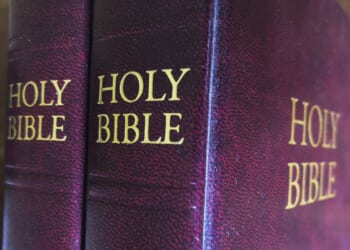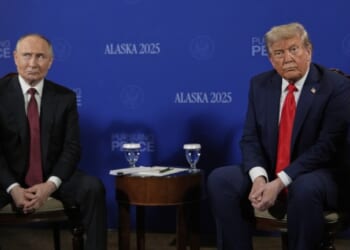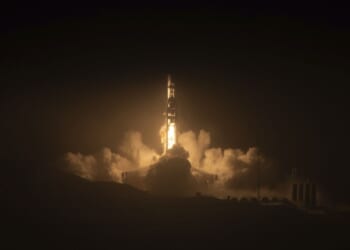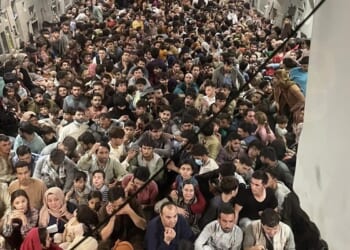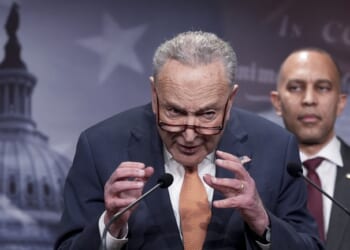
Australia could be a major source of the rare earths being withheld by China, a top White House official said Monday ahead of a visit from Australian Prime Minister Anthony Albanese.
Kevin Hassett, the director of the National Economic Council, said Australia has one of the “best mining economies on Earth,” the smartest refiners and “lots and lots of rare earths.”
He said the issue will come up during Mr. Albanese’s meeting with President Trump at the White House on Monday.
“Australia is really, really going to be helpful in the effort to take the global economy and make it less risky, less exposed to the kind of rare earth extortion that we’re seeing from the Chinese,” Mr. Hassett told White House reporters.
Beijing recently clamped down on China’s export of rare earth elements that are used in smartphones, electric vehicles, lasers and military technology.
China has a stranglehold on the production of the rare minerals and metals, whose atomic structures give them unusual powers.
SEE ALSO: U.S.-China competition deepening on rare earths, biotech and shipbuilding
Mr. Trump threatened to impose a 100% tariff on Chinese goods, on top of existing levies, in retaliation, though both sides could work something out before the implementation date of Nov. 1.
The situation put a spotlight on the globe’s reliance on China for rare earths.
The Trump administration is looking for alternate sources, including rich deposits of rare earths in Mountain Pass, California, though Mr. Hassett said Australia is another option.
“I think there’ll be a lot of conversation about that matter today,” Mr. Hassett said.
Australian officials believe their nation can become a rare earths superpower, supplying more than 30 of the critical minerals the U.S. wants and needs.
Australia recently created a critical minerals reserve. However, it needs to expand its processing and refining capabilities to compete with China.
More broadly, Mr. Albanese and Mr. Trump are set to discuss whether Australia deserves relief from certain U.S.-imposed tariffs.
The U.S. had a trade surplus of nearly $18 billion in 2024, so Australia only faces Mr. Trump’s baseline tariff 10% on products it sends to the U.S.
Key imports such as steel and aluminum are subject to high, sector-specific tariffs imposed by the Trump administration, so the Australian may seek exemptions.


